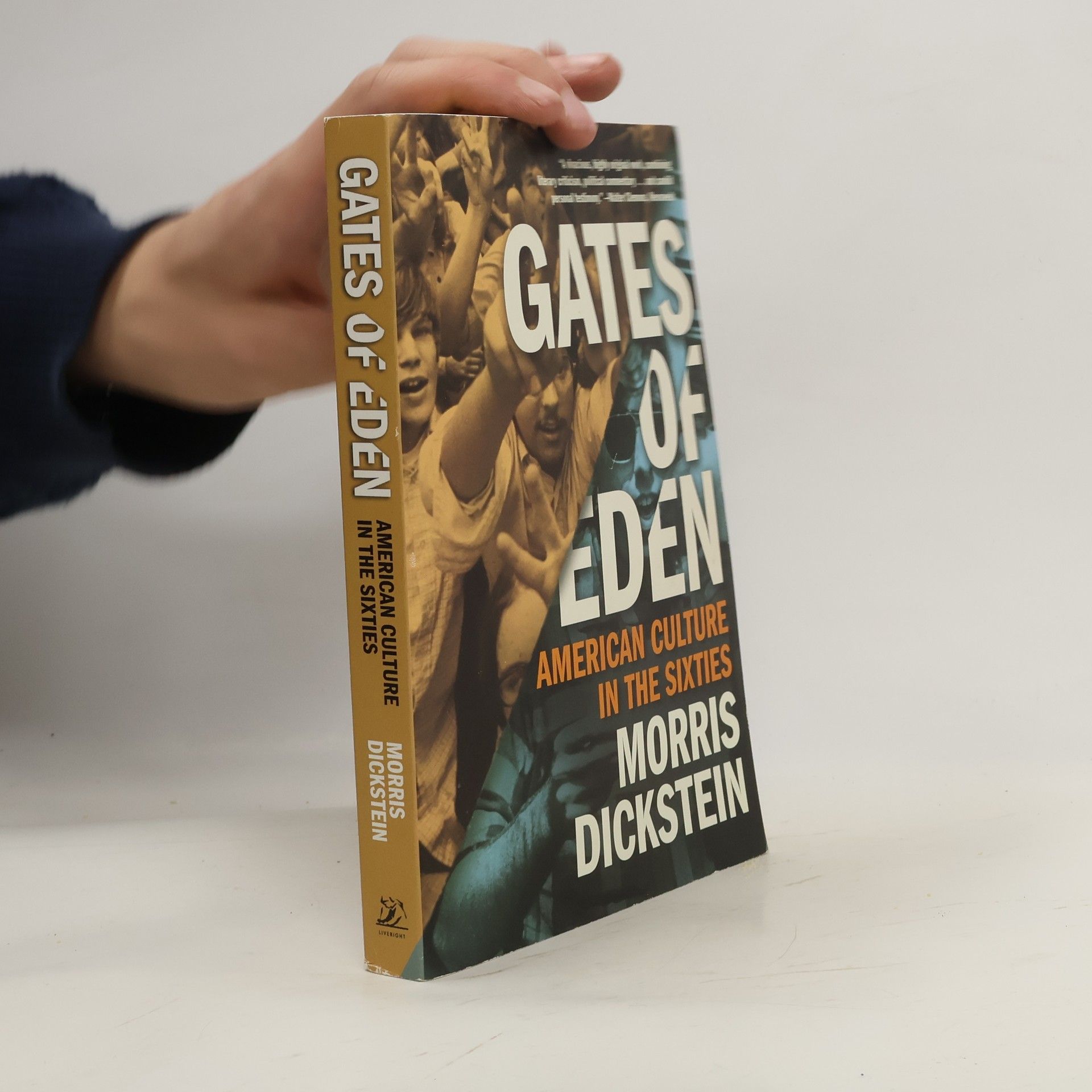The horrifying conditions of the Chicago stockyards and the meatpacking industry are revealed through this narrative of a young immigrant's struggles in America.
Morris Dickstein Libri
Morris Dickstein, Distinguished Professor of English and Theatre presso il Graduate Center della City University of New York, offre profonde intuizioni sulla cultura, la letteratura e la storia intellettuale americana del XX secolo. Il suo lavoro seziona meticolosamente le intricate connessioni tra espressione artistica, cambiamenti sociali e ideologie prevalenti. Attraverso un'analisi acuta e una prosa coinvolgente, Dickstein illumina le forze formative che hanno plasmato l'identità americana moderna. Il suo approccio fornisce ai lettori una ricca comprensione delle correnti intellettuali che hanno definito un'epoca.



Great Film Directors
- 778pagine
- 28 ore di lettura
Investigates the careers and cinematic accomplishments of twenty-three great directors including Antonioni, Bergman, Capra, Chaplin, Fellini, Hitchcock, Truffaut, and Welles
Gates of Eden
- 308pagine
- 11 ore di lettura
Widely admired as the definitive cultural history of the 1960s, this groundbreaking work finally reappears in a new edition. The turbulent 1960s, almost from its outset, produced a dizzying display of cultural images and ideas that were as colorful as the psychedelic T-shirts that became part of its iconography. It was not, however, until Morris Dickstein's landmark Gates of Eden, first published in 1977, that we could fully grasp the impact of this raucous decade in American history as a momentous cultural epoch in its own right, as much as Jazz Age America or Weimar Germany. From Ginsberg and Dylan to Vonnegut and Heller, this lasting work brilliantly re-creates not only the intellectual and political ferment of the decade but also its disillusionment. What results is an inestimable contribution to our understanding of twentieth-century American culture.